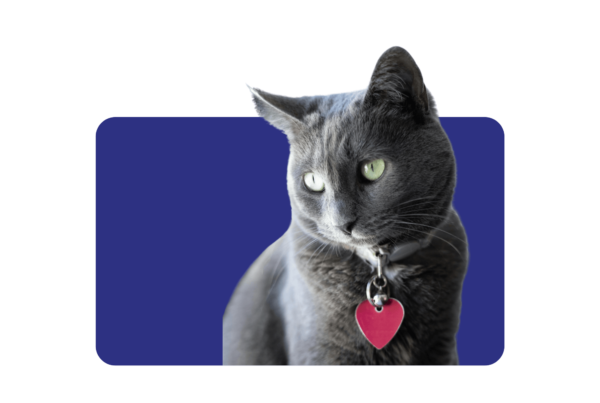Kennel cough is a highly contagious disease that affects the nose, throat and lungs (the respiratory system) of dogs.

Dogs that have not been vaccinated or those that have weak immune system are at risk of getting sick. Kennel cough is either caused by a bacteria (bordetella bronchiseptica), by viruses (canine parainfluenza virus and canine adenovirus) or a combination of them all.

Dogs catch it from other sick dogs. This can happen at kennels, at dog shows or in dog parks – anywhere where dogs mix. Luckily the bacteria and viruses do not remain in the environment for a long period of time.
Kennel cough symptoms
Symptoms of kennel cough usually appear quite suddenly. The most noticeable is a harsh dry cough. The cough can end with a ball of foam or slime being gagged up. It may sound as if something is stuck in the dog’s throat. Sometimes there may be some discharge from the eyes or nose, and the some dogs may also sneeze. Very importantly, dogs are usually still active, eating and happy.
There is a small chance that some individuals may develop pneumonia, if it is not treated timeously.
Treatment of kennel cough is largely dependent on how dramatic the symptoms are. Antibiotics are usually used when we suspect the presence of a bacteria. Anti-inflammatories are also very important to decrease the symptoms as continuous coughing exacerbates the inflammation caused by the bacteria or viruses. And lastly, if the cough is very harsh, suppressing the cough may also be needed.
Patients that have pneumonia may require hospitalisation and intensive treatment with oxygen and physiotherapy.

How can I help my dog?
If your dog has kennel cough:
- Do not take him to a kennel or other communal area such as a dog park.
- Do not exercise him while he is sick.
- Use a harness rather than a collar if you do have to walk him.
Kennel cough can be prevented by vaccination. This is usually a requirement of boarding in kennels; unvaccinated dogs will often not be allowed to board. Some of the core vaccines given during the annual vaccination cover one of the viruses. But a separate vaccination needs to be given to cover for the bacteria and the other virus.
Dogs usually make a full recovery, with no residual illness. But recovery can take up to two weeks.





